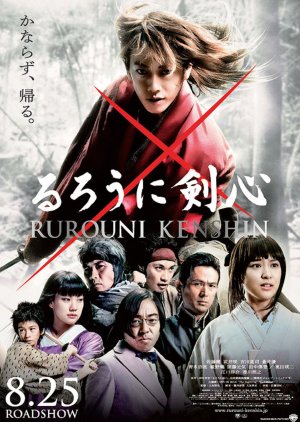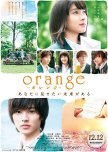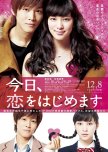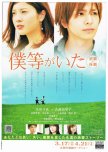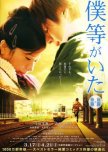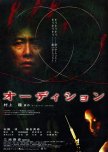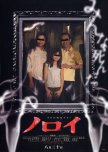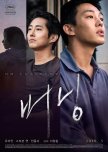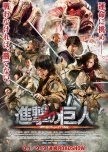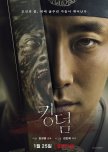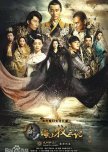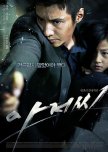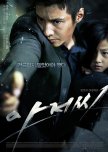
Although there is a large time disparity between the two shows as well as locale, they are amazing. These movies have action choreographed the way it should be. Tight, beautiful, efficient, and brutal. Though there is a scene or two where the wire work is obvious in Kenshin where there is none in Ajussi they are both spectacular for the action genre. The way fights are choreographed in these films is the standard to which all should be held.
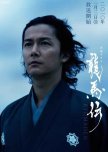
In both Rurouni Kenshin and Ryomaden Sato Takeru plays the role of an assasin from Bakumatsu period. Watsuki Nobuhiro (autor of Rurouni Kenshin manga) mentioned that Jin-e was inspired by Okada Izo (Sato Takeru's character in Ryomaden).
There is more of Ruroni Kenshin's cast in this drama: Aoi Yu, Kagawa Teruyuki and Aoki Munetaka. Film director Otomo Keishi was one of Ryomaden's directors and also Sato Naoki wrote music for both shows.
There is more of Ruroni Kenshin's cast in this drama: Aoi Yu, Kagawa Teruyuki and Aoki Munetaka. Film director Otomo Keishi was one of Ryomaden's directors and also Sato Naoki wrote music for both shows.
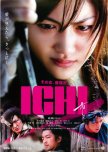
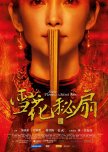
In nineteenth century China, two girls named Snow Flower and Lily are forever bonded together as sworn sisters. They are paired as laotong by a matchmaker who is also responsible for arranging their marriages. They are isolated by their families and communicate by writing in a secret sisterly language, Nü shu (a historical practice in China in that period) on a unique Chinese fan that Snow Flower possesses. In the present day Shanghai, their descendants Sophia Liao and Nina Wei struggle with the intimacy of their own pure and intense childhood friendship. As teenagers, Sophia and Nina were introduced to the idea of laotong, and they signed a traditional laotong contract on the cover of Canto-pop Faye Wong's album Fu Zao (Restless in English). Eventually they are separated but come together again when Sophia falls into a coma after being struck by a taxi while cycling. Reunited at long last, they must come to understand the story of the strong and close ancestral connection hidden from them in the folds of the antique white silk fan or lose one another forever in the process.
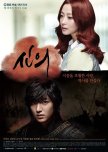
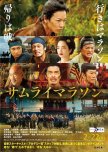
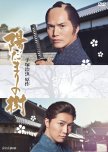
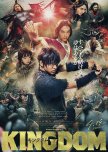
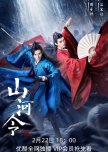
both have assassin that wants to let go of the past and redeem themselves. although word of honor is more fantasy-based one of the main characters in both have similar backgrounds and get dragged into a conspiracy to do with the past. even though they don't want anything to do with it at first they fight to protect their new found life.
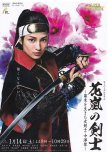
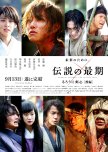
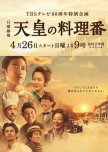
The drama plays during the Meiji era, 26 years after the incidents in the movies take place. In contrast to the movie the drama focuses on society and dreams of a young man. However it is just as well made concerning individual characters and their way of life. Additionally Sato Takeru is starring as lead actor in both mediums.
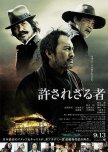
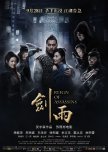
Both have a main character who is a skilled swordsman/woman with their very own killer move that makes them infamous. They are both known to be merciless and undefeatable.
Both of the main characters want to let go of their past and just live normal lives with their new friends and family, but end up getting tangled up in a conspiracy where they must pick up the sword once again to protect the ones around them.
Both of them want to keep their identity a secret, but their previous organisations come back to hunt them down.
Both have absolutely amazing swordplay and action scenes.
Both of the main characters want to let go of their past and just live normal lives with their new friends and family, but end up getting tangled up in a conspiracy where they must pick up the sword once again to protect the ones around them.
Both of them want to keep their identity a secret, but their previous organisations come back to hunt them down.
Both have absolutely amazing swordplay and action scenes.


